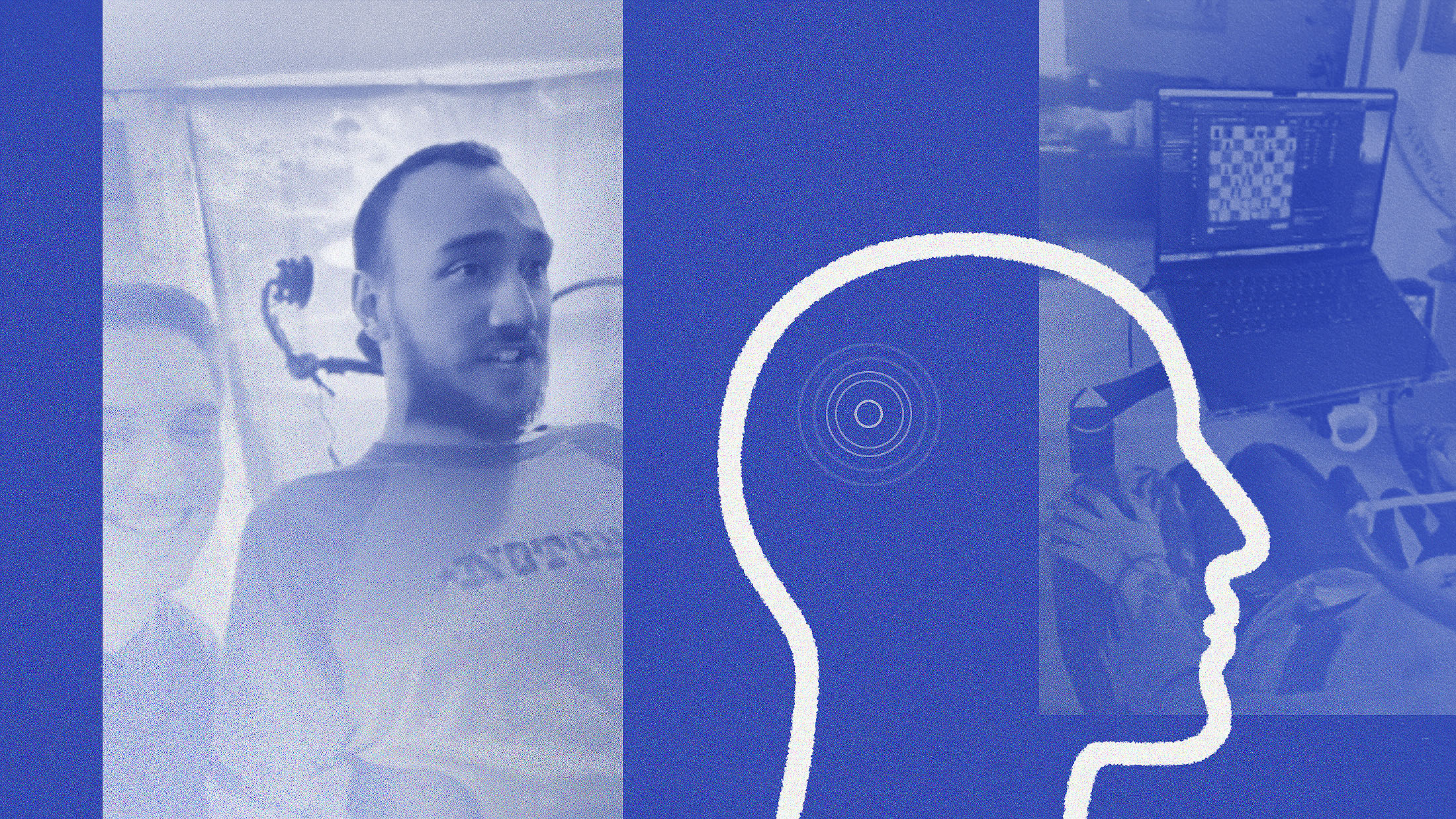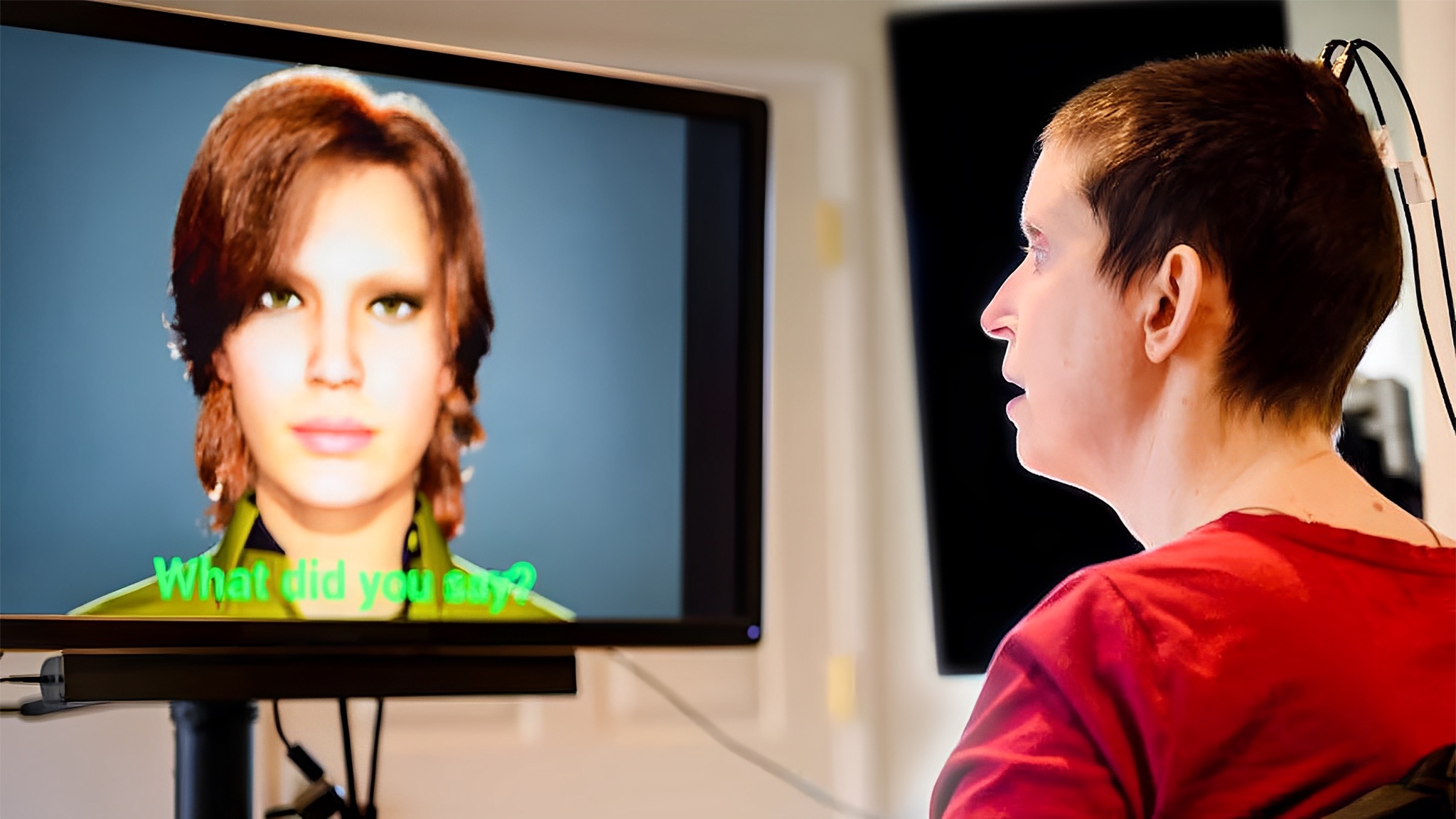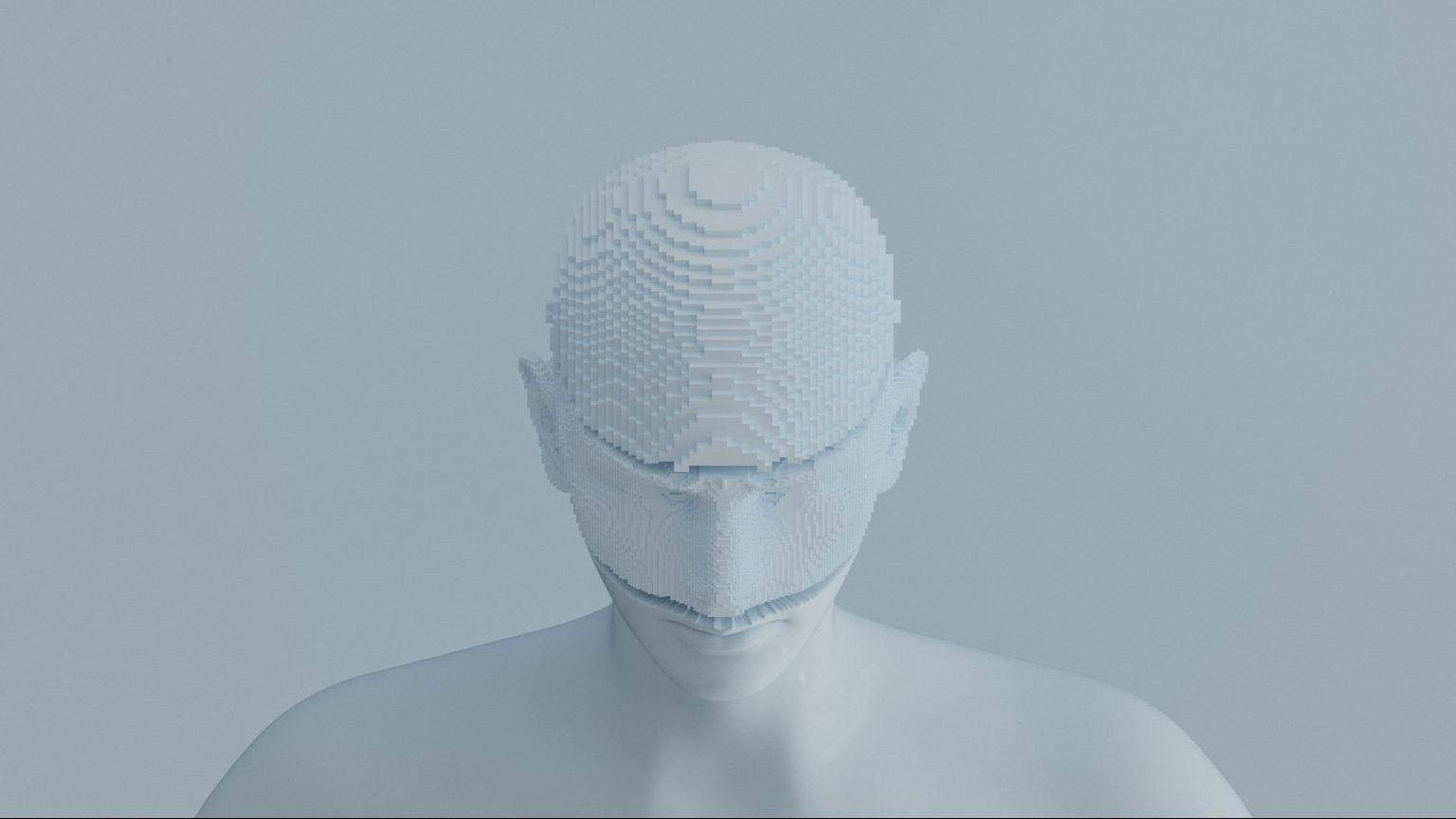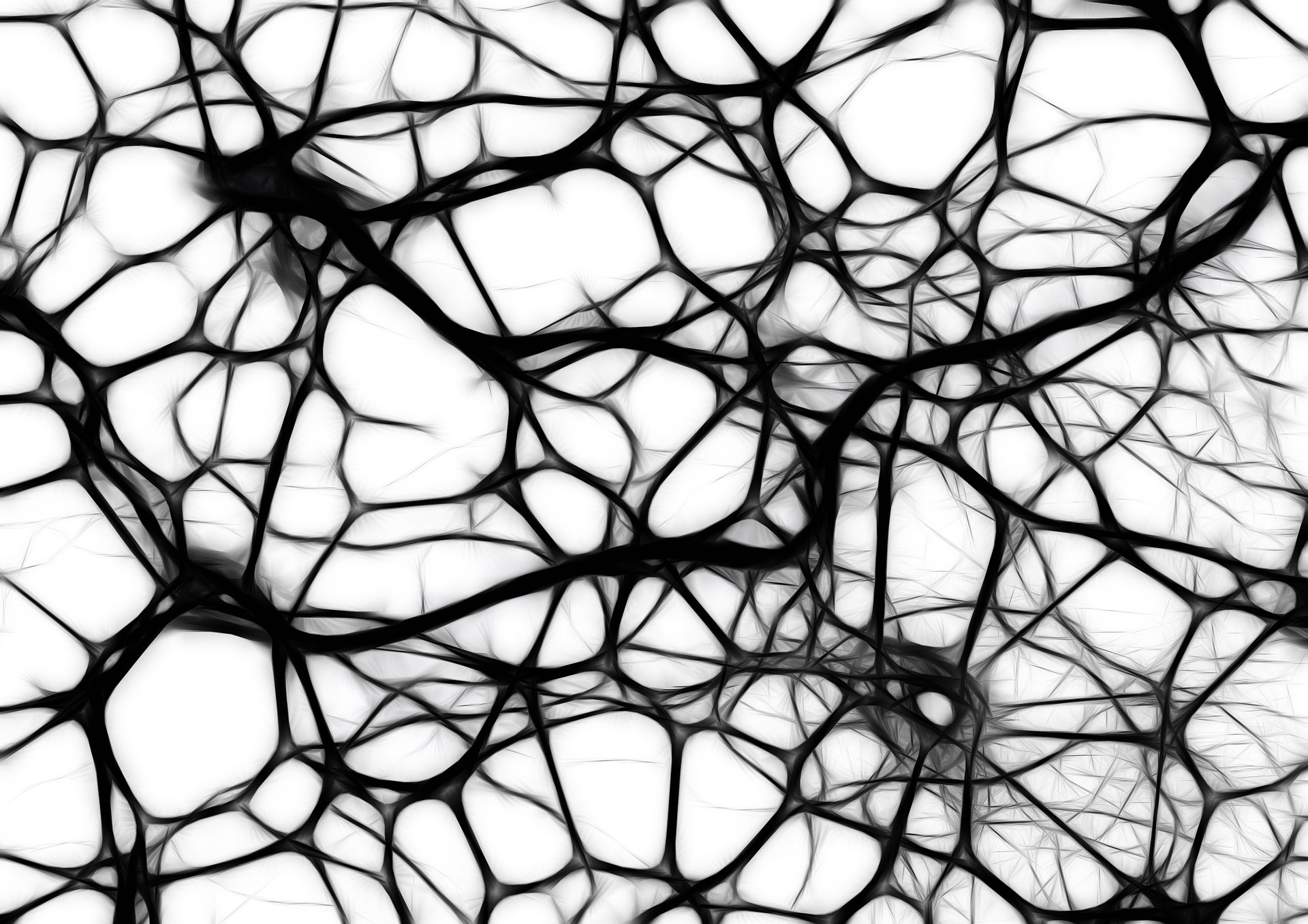Interfacing Your Brain with Computers

What’s the Most Recent Development?
Renowned scientist and professor of neurology at Brown University, John Donoghue has made incredible advances in interfacing the human brain with computers, allowing paralyzed people to move objects by simply using their imagination. A small chip implanted in the brain picks up the right neural signals and beams them into a computer where they are translated into moving a cursor or controlling a computer keyboard. “By this means, paralysed people can move a robot arm or drive their own wheelchair, just by thinking about it.”
What’s the Big Idea?
The implications of a brain-computer interface are formidable, from transferring human consciousness onto a computer—in other words, immortality—to using the technology to read people’s minds. Military establishments are interested in Dr. Donoghue’s research in order to enhance interrogations methods. Were interrogators able to interface the mind of a prisoner with a computer, perhaps information could be extracted they could use to prevent criminal acts and save lives. It seems the next phase of evolution will be synthetic, rather than purely biological.





